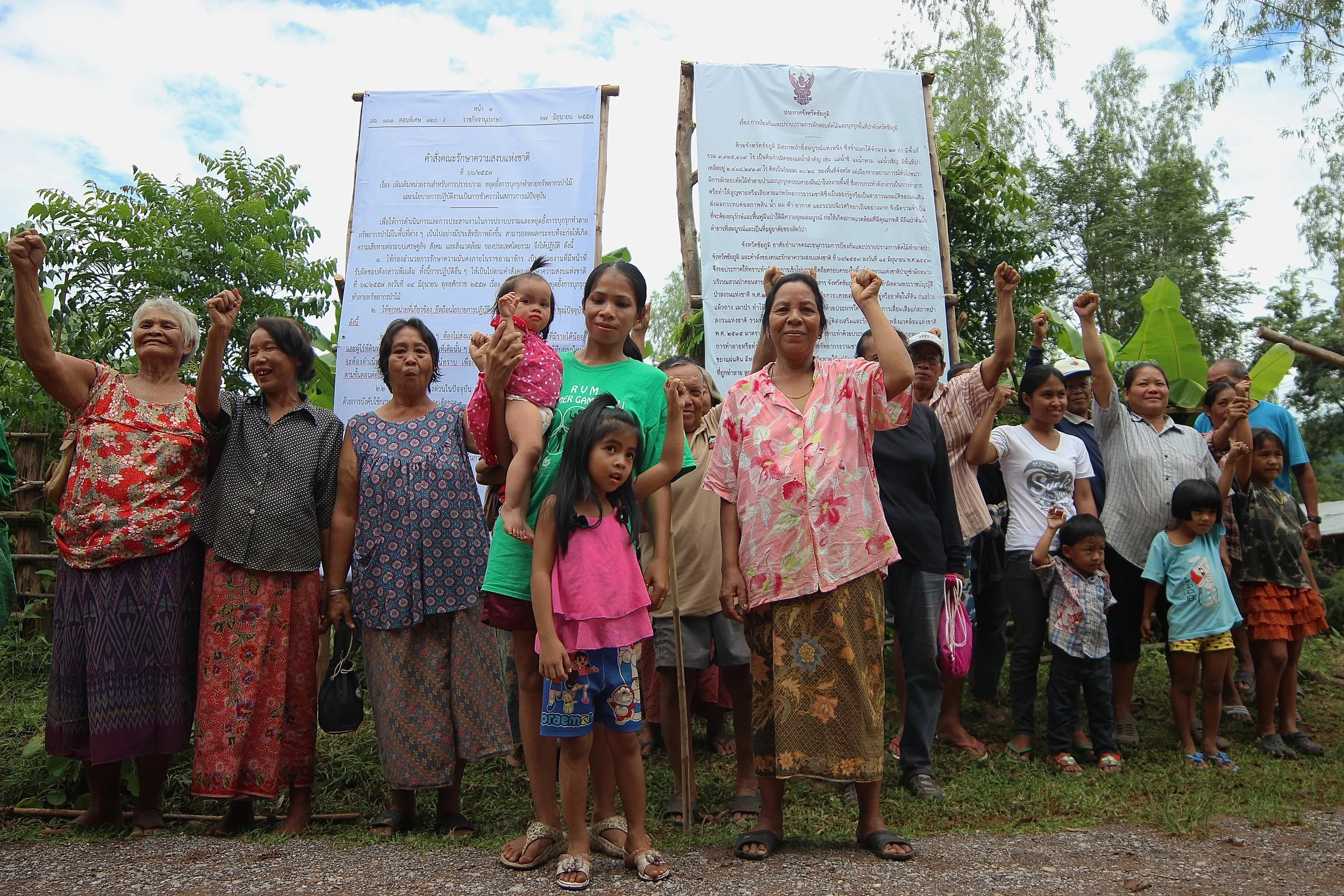Mindful Travel in Ladakh
Opening to tourism in 1974, Ladakh has experienced a growing pressure on its ecology and local food systems. Local Future’s Mindful Travel Program promotes responsible tourism by offering visitors ways to minimize environmental impacts while engaging in the local economy for meaningful and mutual cultural exchange. During summer months the film is screened daily in the capital of Leh followed by discussion. Directed, Filmed, and Edited by Wilder Nicholson. Written by Zoe Khan and Wilder Nicholson.
Making Raw Milk Cheese
Spring Day Creamery follows a delicate and time intensive process to make raw milk cheese. Sarah Spring shares how her methods and other factors, including weather, location, and the particular diet of cows, give each batch a unique flavor. Directed, Filmed & Edited by Wilder Nicholson.
Adaptation and Resilience on the Maine Coast
Maine’s working waterfront is changing. Shifts in coastal ecology, fisheries regulation, and markets place constraints on fishermen but those working on the water continue to respond in turn with alternative ways of making a livelihood. Adaptation and Resilience on the Maine Coast, profiles two such people, a shellfish harvester and a ground fisherman. It is the conclusion to a year-long, iterative, and collaborative independent study exploring Maine’s fisheries with the Environmental Studies department of Bowdoin College and many generous Mainers. Produced by Paul Sullivan and Wilder Nicholson. Advised by John Lichter.
Active Solar Heating System: A Viable Solution for Ladakh
The Ladakh Region of India experiences a temperature of +30ºC during summers (April – September) and a temperature of -40ºC during winters (October – March). To overcome such situations Ladakh Ecological Development Group is testing active solar as an alternative to fossil fuel heating, reducing health risks associated with burning wood, cow dung, and kerosene. Project jointly initiated by Ministry of New and Renewable Energy (MNRE), Government of India and Federal Ministry for the Environment, Nature Conservation, Building and Nuclear Safety (BMUB), Government of Federal Germany through Deutsche Gesellschaft für Internationale Zusammenarbeit (GIZ) GmbH Advisory Expert: Ladakh Ecological Development Group (LEDeG), Solar-Institut Jülich (SIJ); Solar- und Wärmetechnik Stuttgart (SWT). Film Produced by LEDeG; Translated by Phunchok Namgail & Thinley Dorjey; Directed, Filmed & Edited by Wilder Nicholson.
Geothermal: A Green Energy Solution?
Scientists and non-profits in Iceland are finding health risks from air pollution, environmental degradation, seismic activity from geothermal energy, even as it supplies 65% of the country’s primary power. In 2015 an environmental non-profit, Landvernd, advocates for a halt to geothermal energy until the negative impacts are addressed. Produced with the Joshua Lawrence Chamberlain Scholarship of Bowdoin College. Directed, Filmed & Edited by Wilder Nicholson.
The Master Plan
Thailand's National Council for Peace and Order released a new land management policy called the Master Plan in the summer of 2014, with the ambitious goal of reaching 40% forest cover in Thailand within 10 years. The military junta began a widespread campaign of targeting forest communities and forcing villagers off of land that they've called home for decades. Villagers face forced evictions, arrests, and destruction of property and their livelihoods.
The Isaan Land Rights Study Group, an NGO in Northeast Thailand, fights for land rights and community managed forest policy. As part of the NGO's outreach, this documentary informs affected Thai citizens with ways to mobilize. The film premiered at a Human Rights festival held in Khon Kaen, though the majority of the content was censored by the military junta. Prachathai, a national news source, and a Northeast Thailand news source, the Isaan Record, published the full length uncensored film.




